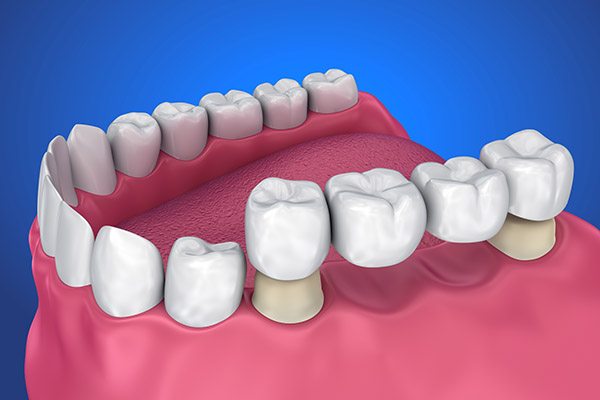 If you are missing several teeth or all of your upper or lower teeth or even all the teeth in your mouth, you may be wondering, “What are my options for replacing missing teeth?” Full or partial dentures may be a good option for you. In this article, we’ll discuss what makes a good candidate for dentures and also what the pros and cons of dentures are. Read on to learn more about these topics and consult with your dentist to determine whether or not dentures are the right solution for you.
If you are missing several teeth or all of your upper or lower teeth or even all the teeth in your mouth, you may be wondering, “What are my options for replacing missing teeth?” Full or partial dentures may be a good option for you. In this article, we’ll discuss what makes a good candidate for dentures and also what the pros and cons of dentures are. Read on to learn more about these topics and consult with your dentist to determine whether or not dentures are the right solution for you.
Good candidates for dentures
In order to be considered a good candidate for dentures, there are several conditions that need to be in place. If you had experienced significant tooth loss, dentures are probably right for you. If you have difficulty speaking or chewing your food because of your missing teeth, dentures can be a good option to fix these problems. Even if you have been missing teeth for a long time, you may still be a good candidate for dentures. If you have lost too much bone to be eligible for dental implants (missing teeth leads to bone loss over time), dentures may be an alternative solution for you.
Pros and cons of dentures
While there are many benefits to dentures, and they can be a good alternative to dental implants, there are, of course, pros and cons that come with getting dentures, just as there would be with any options for replacing missing teeth.
One benefit of getting dentures is that dentures can be redone to accommodate more teeth if you lose more teeth in the future, thereby saving you time and money. Another pro of dentures is that they are one of the most affordable options for replacing missing teeth. A third pro of getting dentures is that they are easy to fix or replace if anything goes wrong, such as if they fit poorly, for example. A fourth benefit associated with dentures is that all required to get dentures is a simple procedure to have metal clasps inserted, as opposed to the time-consuming process of getting dental implants put in, which must be done over several months.
One of the most noticeable drawbacks of getting dentures is that they do not give you the full chewing power you had with your natural teeth or that you could have with dental implants. Another con of dentures is that they can be uncomfortable, especially when you are chewing. Another side effect that comes with dentures is that they can sometimes move out of place or click while speaking or chewing your food. Dentures also do not last nearly as long as dental implants do. Dentures must be replaced every five to ten years. They do not have the natural appearance, feel, and functionality of dental implants, either. Dentures cannot be brushed and flossed like real teeth, and they must be removed to be cleaned.
Recent Posts
People with multiple missing teeth have many options to consider. This article provides an overview of options for replacing multiple missing teeth. Since there are so many choices, making a selection can be an issue. Some tooth replacement options are not suitable for particular cases, which means patients need to take their time to review…
The bridge is a dental repair that is cemented in place and is used to replace missing teeth. It is done by attaching an artificial tooth definitively to an adjacent tooth, be it natural or artificial. In most cases, crowns are artificial teeth paired with bridges. They are usually made from porcelain or blended resin.…
There are several options for replacing missing teeth so that you can preserve your jawbone and keep your face looking its best. You can discuss with your dentist what option might be best for you based on the type of work required to replace the tooth or teeth and other factors such as how long…


